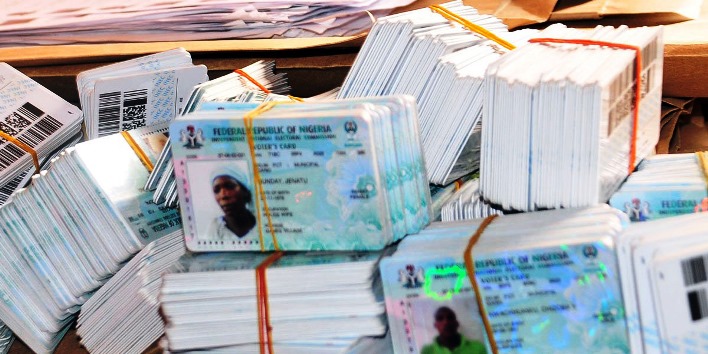Nigeria is poised to join some of the world’s largest democracies in the use of electronic voting machines (EVMs) to reduce electoral fraud and achieve speedy election results.
The Independent National Electoral Commission (INEC) plans to test-run the use of EVMs anytime from now with the exception of the governorship elections in Edo and Ondo states scheduled for September 19 and October 10, 2020 respectively.
The electoral umpire foresees the full implementation of electronic voting in major elections in 2021.
This week in Abuja, INEC unveiled its plans in a 17-paged policy document on conducting elections in the context of the COVID-19 pandemic. The document was signed by its chairman, Prof. Mahmood Yakubu.
The commission said its decision on e-voting is in line with the demands by Nigerians to deepen the use of technology to conduct elections.
EVM is voting using electronic means to either aid or take care of the chores of casting and counting votes, to quote Wikipedia.
Depending on the particular implementation, e-voting may use standalone electronic voting machines or computers connected to the Internet. It may encompass a range of Internet services, from basic transmission of tabulated results to full-function online voting through common connectable household devices.
The degree of automation may be limited to marking a paper ballot, or may be a comprehensive system of vote input, vote recording, data encryption and transmission to servers, and consolidation and tabulation of election results.
The INEC’s chairman hinted the commission will be announcing the level it will be implementing e-voting as the process unfolds,
EVMs reduce voting time
The EVMs reduce the time in both casting a vote and declaring the results compared to the old paper ballot system. With the EVM, instead of issuing a ballot paper, the polling officer will press the Ballot Button which enables the voter to cast their vote. Thera are numerous options opened to INEC.
Many countries have replaced the old ballot paper system with the EVMs. Some of the world’s largest democracies use EVMs including India, Brazil and the Philippines.
In 2014, Namibia became the first African nation to use EVMs. Other notable democracies are Egypt, United Arab Emirates, Belgium, Venezuela, Jordan and Estonia among several others.
EVMs deepen democracy
Experts claimed using EVMs help to reduce electoral fraud, deepen democracy and development as well as produce election outcomes in real-time.
In India, the world’s largest democracy with about 911 million eligible voters, elections were held in 2019 via EVMs and results were out within 24 hours with little strictures. The Republic of the Philippines also held its national elections in 2019 with over 46 million voters and results came out in less than 24 hours.































